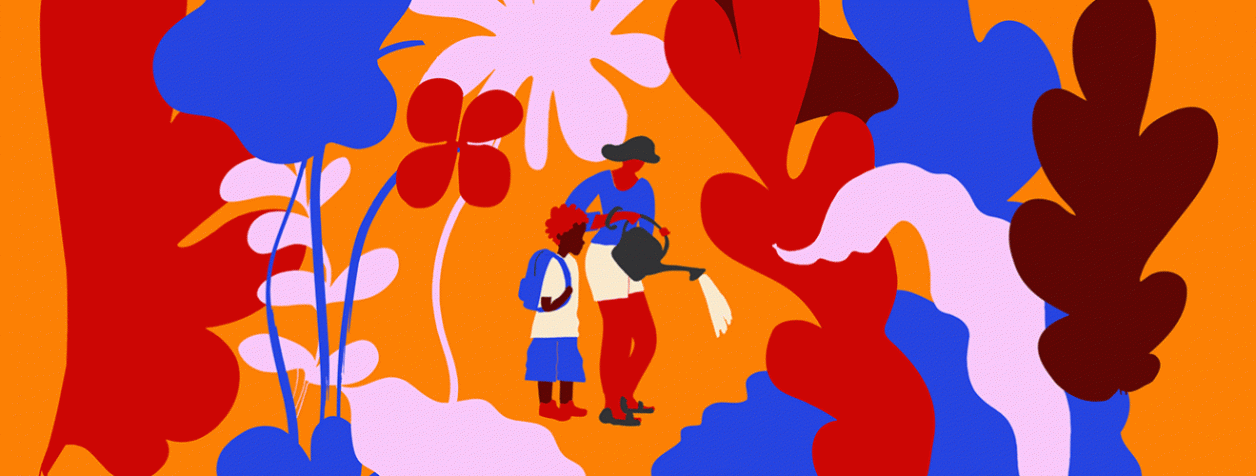By Jo Thompson, women@thewell (CSAN member charity)
25 November marks the International Day for the Elimination of Violence Against Women and Girls. On marking this day, we are together acknowledging the hard work and commitment of individuals and organisations across the globe, striving towards the end of violence against women and girls, and the creation of a world where women and girls can live a life free from exploitation, abuse and disadvantage.
As we begin to emerge from a global pandemic, the UN has identified a shadow pandemic, formed with emerging data and reports from those on the frontline with evidence that women and girls’ experiences of violence and exploitation have increased. There have long been links identified between economic disadvantage and violence against women and girls. It is therefore no surprise that a global pandemic, with new and unexpected economic disadvantage and change in circumstances, increased exploitation and abuse. For those for whom violence and exploitation was already their lived experience, choices significantly narrowed and for some women and girls the choice to live or die became a stark reality.
This year’s theme is “Orange the World: Fund, Respond, Prevent, Collect!” – amplifying the call for global action to bridge funding gaps, and ensure there is capacity to fund essential services for survivors of violence during the COVID–19 pandemic crisis, with a focus on prevention, and collection of data that aims to improve lifesaving services for women and girls.
To see the end of violence against women and girls there is a real need to resource female–only trauma informed support services, which respond to the needs of women and girls with a knowledge and level of research supporting and advocating on their behalf to a place of safety and security. In order to achieve this we must respond to changing landscapes and support women to live a life free from disadvantage, abuse and exploitation. Only when we listen to survivors can we create services, which are fit for purpose, current and relevant.
An example of this is research commissioned by CSAN member charities the National Board of Catholic Women and women@thewell: “Invisible: prostitution and the lives of women”. The report was a result of listening to the voices of women whose lives have been affected by prostitution, as well as the voices of some of the professional staff who support them. The unusual feature of this report is that its concern was not primarily with the facts of the women’s situations – the violence, frequent experiences of homelessness and addiction – but with how the women made sense of their lives. In particular, the reflection on what freedom means in their own lives, and on issues such as safety, survival and solidarity.
Through this listening we come to a deeper understanding of the damage of prostitution. The women’s voices are full of anguish, courage, resilience and morality. The research had a double task: to listen to the women and amplify their insights and stories and to bring these into dialogue with Catholic social thought and theological and political ethics. In a world where women experience daily inequality based on their gender, we believe that the structure of Catholic social thought gives us some solid building blocks to work towards gender equality.
We pray together for the women and girls who are victims and survivors of violence, those that work to support them in their recovery, those who advocate tirelessly to change systems, and especially for those who have the power to make changes within their communities. May we work together to eliminate the scourge of violence and build a brighter future for all women and girls.
The National Board of Catholic Women have produced a resource for parishes and groups, which includes information on where to access support.

